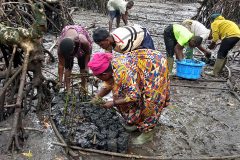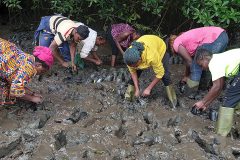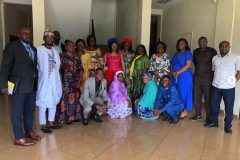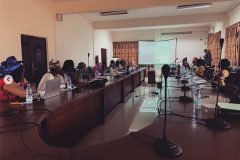Londji, CAMEROON
The women of Londji 1 in the district of Kribi 2nd, Ocean Division, South Region have been involved in mangrove conservation and restoration for several years. Accompanied by the NGO Cameroon Ecology, OPED and REFACOF, they have adopted the use of improved stoves to reduce use of wood from the mangroves. So far, most of the women fish smokers have been using these stoves and are happy with them.
Similarly, to reduce sea pollution, the Londji 1 community is using dry toilets called “ECOSAN toilets” (eco-sanitary toilets). People build these dry toilets and make money from them.
Being mostly women fishers, the women of Londji 1 have understood that without the mangroves, they will have no life. The vulnerability of their environment, aggravated by climate change through violent storms and their land area shrinking each year, motivates them every day to restore the mangroves that provide them with resources for their sustenance.
Over a period of about 5-10 years, the women of Londji 1 have been able to regenerate at least 10 hectares of mangroves, and have planted a minimum of 1,000,000 mangrove seedlings along the Cameroonian coast. These restoration efforts began in 2011 with the funding support of the Ministry of Environment. Cameroon Ecology has been working with the Londji village population since 2012; their support started with the provision of some environment-friendly equipment to the community, then to mangrove restoration. A series of information and sensitization campaigns were carried out, the mapping of Kribi community organizations, the selection of the beneficiary community, and field activities.
This project will help continue the mangrove reforestation by the women of Londji 1 and will map and document the initiatives already implemented in the mangrove ecosystems in Cameroon.
PROPOSED OUTPUTS/OUTCOMES
• The status of gender in biodiversity policies in Cameroon is documented
• Improved women's knowledge and understanding of biodiversity-related mechanisms, as well as the links between biodiversity, gender and climate change
• Strengthening the capacities of women and girls to plan, analyze and contribute to the conservation and restoration of biodiversity
• At least 2500 mangrove seedlings have been planted in the degraded area of Londji
• Improved networking and knowledge sharing among women on biodiversity conservation and ecosystem restoration initiatives
REPORTS
- Analyse de la prise en compte du genre dans les politiques de biodiversite au Cameroun
- Analysis of gender mainstreaming in biodiversity policies in Cameroon
- Briefer on Mangrove Restoration in Londji (English)
- Briefer on Mangrove Restoration in Londji (French)
- Briefer on Mangrove Restoration in Londji (Spanish)
ARTICLES AND OTHER OUTPUTS

Le pouvoir communautaire en action!
À Londji, au Cameroun, les hommes et les femmes ont participé à la création de leurs propres cartes afin de les comparer et de combiner les cartes du groupe pour valider une carte finale avec l'aide de REFACOF.

Community power in action!
In Londji, Cameroon, both women and men participated in creating their own maps to compare and combine group maps to validate a final map with guidance from REFACOF.

National Workshop in Advancing Gender-Responsive Biodiversity Policies in Cameroon
Shruti Ajit, Programme Officer at Women4Biodiversity writes about her experience in participating in the National Stakeholders workshop was held on 14 June in Yaounde, Cameroon. The workshop was organised organized by The African Women’s Network for Community Forest Management (REFACOF) in collaboration with Women4Biodiversity.

Smoke & Spice, and Everything Nice: A Photo Story on How Traditional Fish Smoking Sustains Livelihoods in Londji, Cameroon
A photo story on the fish smoking process in Londji, Cameroon.

Field Visit to Londji, Cameroon: A Journey of Community and Conservation
A blog post by Deepika Nandan, Visual Communications Officer at Women4Biodiversity who reflects on her field visit to Londji, Cameroon in June 2024.
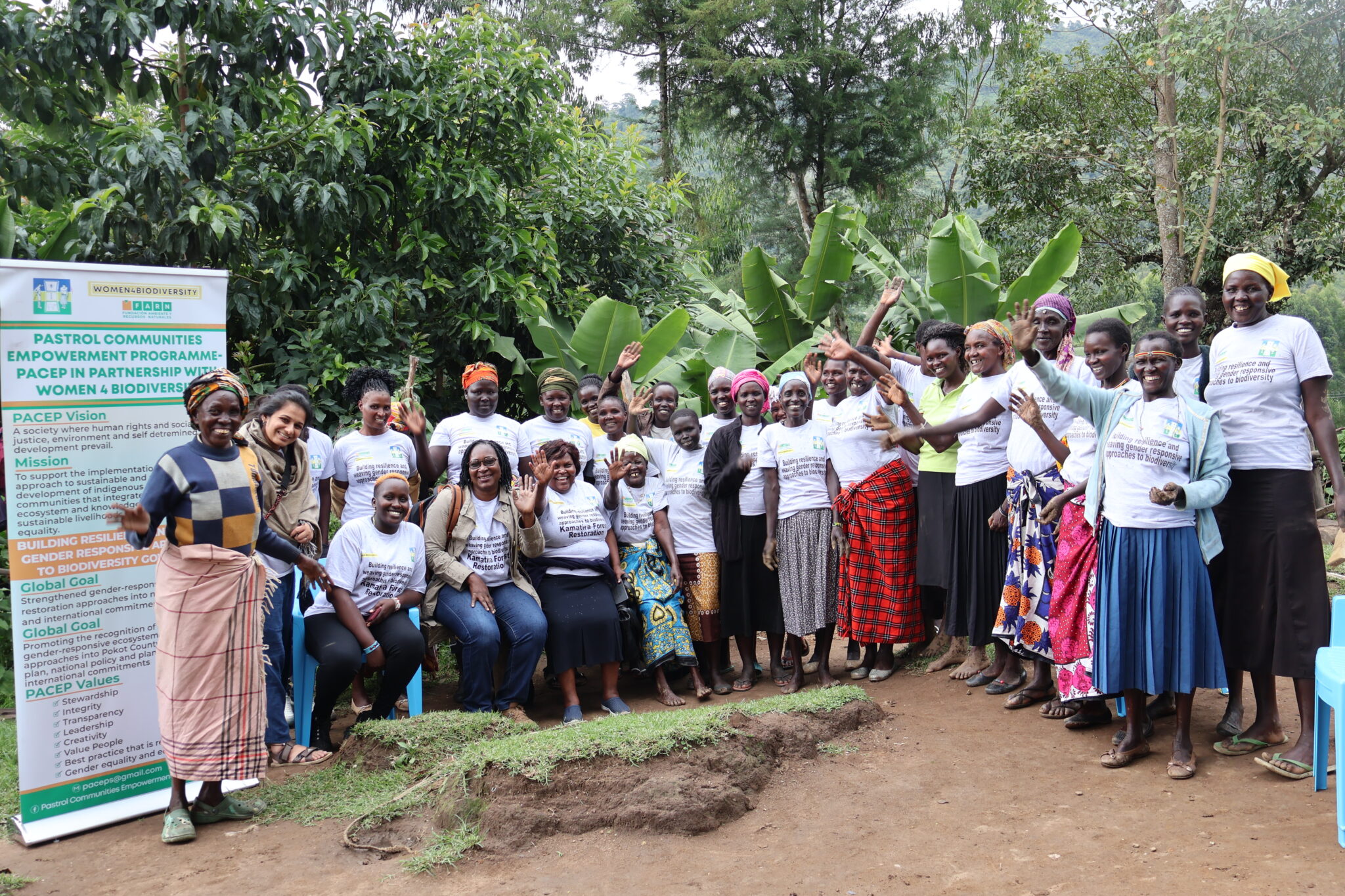
Visite d’échange à West Pokot : le sentiment de REFACOF
Du 20 au 24 Octobre 2023, s’est tenue à Kamatira (West Pokot) au Kenya, une visite d’échanges auprès des collègues du PACEP. Cette visite d’échange effectuée ....
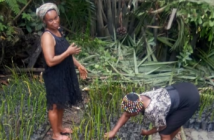
World Wetlands Day 2023 - Women in Cameroon working to restore mangroves
#Shorts Women in Cameroon are working to restore mangroves #worldwetlandsday
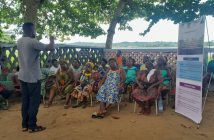
Earth Day 2024
On Earth Day 2024, we celebrate the Rio Ntem community in Londji and Campo, the two localities that share the Cameroonian coastline, who came together for a 'plastic clean up' in areas surrounding the Rio Ntem mangrove.
PHOTO GALLERY
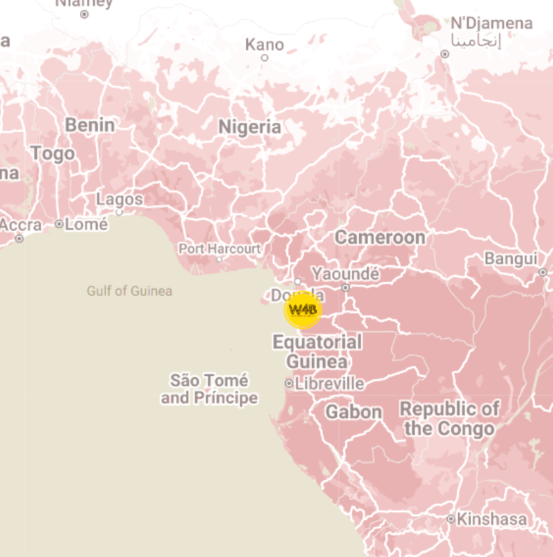
OVERVIEW
REGION:
Londji
PILOT SITE PARTNERS:
The African Women’s Network for Community management of Forests (REFACOF)
ECOSYSTEM:
Coastal Wetlands
RESTORATION COVERAGE:
1 hectare
